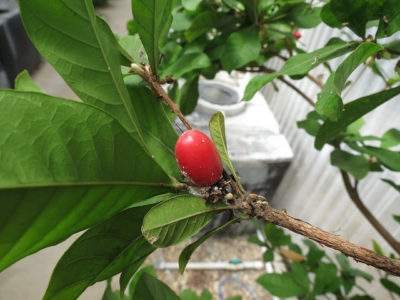
Miracle fruit - Photo by mmmavocado
Whenever you eat Miracle fruit followed by food with a sour taste, you will find that the sour food suddenly tastes sweet.
The name Miracle fruit is also used for some other plant species which also can change the perceived sweetness of food.
Names
Scientific
Synsepalum dulcificum
English
Miracle berry
Miracle fruit
Miraculous berry
Sweet berry
Dutch
Mirakelbes
Spanish
Fruta milagrosa
French
Fruit miracle
German
Mirakelfrucht
Wunderbeere
Italian
Frutto miracoloso
Taxonomy
Order
Ericales
Family
Sapotaceae
Genus
Synsepalum
Species
Synsepalum dulcificum (Miracle fruit)
Basic information and facts
Origin:
Miracle fruit originates from West Africa.
Distribution:
?
Evergreen or deciduous:
Miracle fruit is an evergreen shrub.
Flowers:
Leaves:
Miracle fruits has dense foilage with leaves that are 5 to 10 cm long and 2 to 3.5 cm wide.
Fruits:
The miracle fruit is a red berry. The fruits are about 2 cm long and contain one seed. They have a low sugar content and have a mild sweet taste. The fruits contain ‘Miraculin’, which is a natural sugar substitute. The effect of this is that when the fruit is eaten, it causes any sour foods (e.g. lemons or limes) that are eaten afterwards to taste sweet.
Climate and weather:
Pollination:
Height:
Miracle fruit is a shrub which can be up to 2 to 4 meter tall.
Spacing:
Plants are grown about 4 meter apart.
Propagation:
Propagated from seed.
Harvesting:
Pick the ripe fruits. They stay good for 2 or 3 days.
Uses:
Miracle fruit is used among patients with diabetes and dieters as a sugar substitute. The plant is often kept in gardens or greenhouses because of its special ‘miracle’ effect.
Did you know that?
- Researchers have genetically engineered other organisms, such as tomatoes, to produce ‘miraculin’.
- The sweet-inducing effect of ‘mirucalin’ usually lasts 30 to 60 minutes, depending on amount taken.
Crop categories
Fruits
Minor crops
Subtropical crops
Tropical crops
Pictures
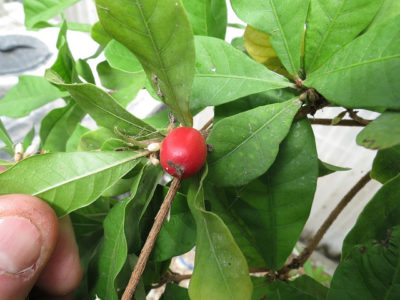
Miracle fruit - Photo by mmmavocado
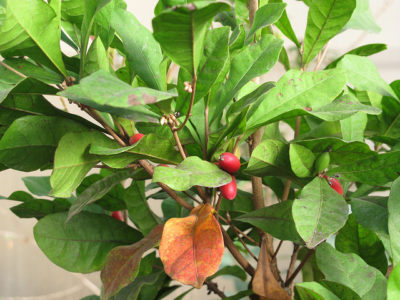
Miracle fruit - Photo by scott.zona
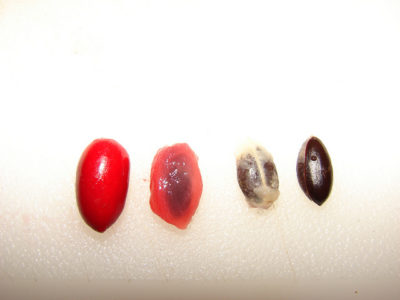
Miracle fruit - Photo by Starr Environmental
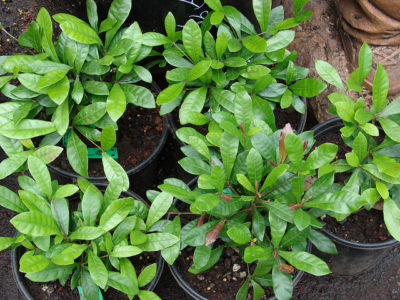
Miracle fruit plants - Photo by Starr Environmental
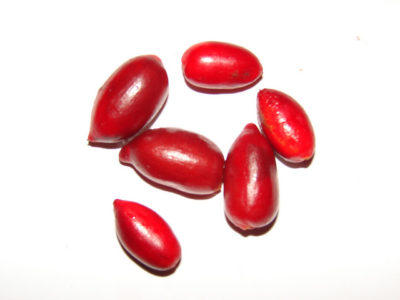
Miracle fruits - Photo by Starr Environmental
